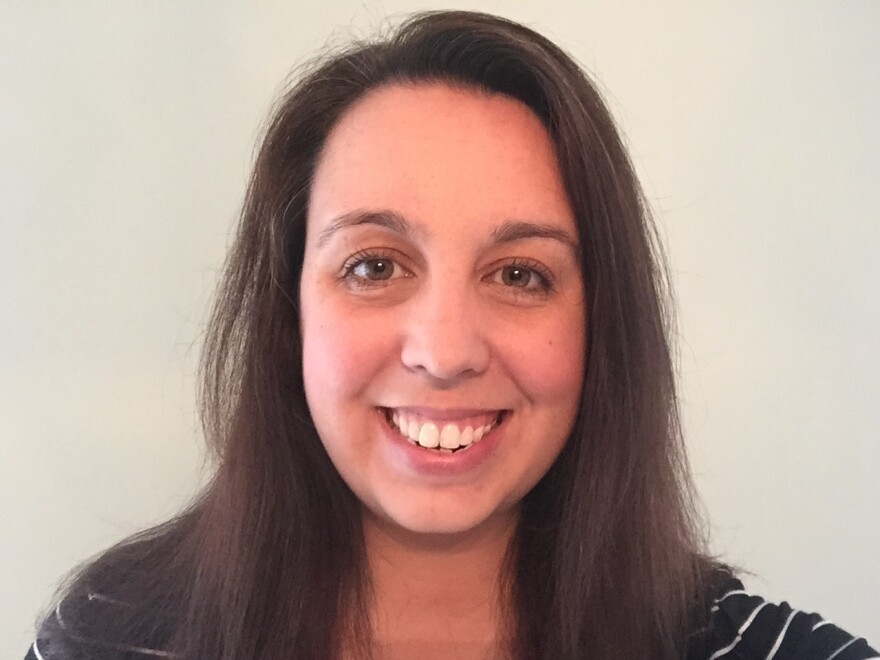Emily Farris teaches a survey research class at Texas Christian University in Fort Worth, Texas.
She has no national profile. She's 31, which is too young to be president and besides, she told NPR, she has "no kind of political aspirations. I like my job a lot."
Yet, nearly a quarter of likely primary voters who responded to a recent poll said they have an opinion of her. And it was overwhelmingly negative.
Farris jokingly tweeted at Public Policy Polling, a Democratic polling firm with a reputation for sometimes asking wacky questions, asking it to include her in its next survey, "as someone with no national profile."
She said it was meant to be a joke. PPP, which is an automated poll, actually did it.
The result? Twenty-three percent of the more than 1,200 respondents had an opinion of Farris. Three percent of respondents said they liked her; 20 percent had an "unfavorable" opinion of her; the rest — 77 percent — answered "not sure."
PPP conducted a similar experiment the week of May 6, a week before the poll with Farris' name, in which they included Detroit Free Press reporter Paul Egan. Thirteen percent of respondents to that poll had an opinion on Egan.
The big lesson for Farris, who is already thinking about how she'll work this experiment into her next political science class, is in "pseudo-opinions."
"People will offer an opinion when they don't actually have one," she said. "There is social pressure to answer, and give some type of opinion, whether it's right or wrong."
In fact, Farris teaches a similar experiment in her class. In the 1980s, researchers found a sizable percentage of respondents — about 30 percent — gave an opinion on a made-up piece of legislation, the "1975 Public Affairs Act."
For a more recent example, see late-night TV:
And as for why respondents' "pseudo-opinions" of Farris were mostly negative, she explained it this way: "They probably, most likely, I'm guessing, don't know me."
That's the same battle most of the actual candidates are fighting, too.
Copyright 2021 NPR. To see more, visit https://www.npr.org.






